
Interim data from the phase 1b CLOVER-2 trial evaluating iopofosine I 131 in children and adults with high-grade glioma supported the FDA’s decision.

Your AI-Trained Oncology Knowledge Connection!


Interim data from the phase 1b CLOVER-2 trial evaluating iopofosine I 131 in children and adults with high-grade glioma supported the FDA’s decision.
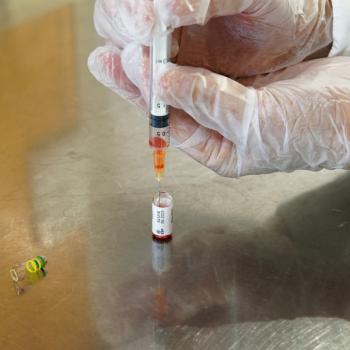
The Nuclear Medicine Clarification Act seeks to increase transparency in reporting potentially high-dose extravasations in administering radiation.

The PSA response rate and radiographic PFS were similar with the 177Lu-based combination regimen vs the radiotracer alone in metastatic CRPC.
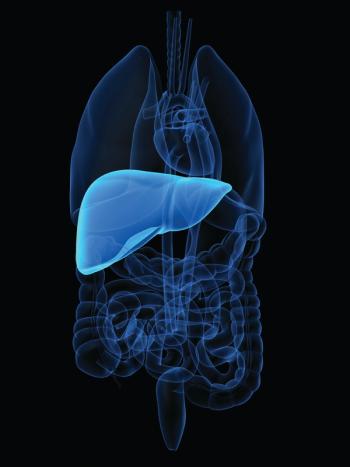
The safety profile of lenvatinib/pembrolizumab plus TACE among patients with unresectable HCC was consistent with previously reported studies.

Rural populations and those with higher cancer burden and socioeconomic risk were found to have gaps in oncology care across the US.


Data from the phase 1/2 GOBLET trial show an objective response rate that exceeds a historical benchmark for second-line squamous cell anal carcinoma care.

Kenneth H. Yu, MD, discusses the results from the SHARON trial in pancreatic cancer that were presented at ESMO 2025.

Pembrolizumab plus belzutifan is the first combination therapy to improve DFS vs pembrolizumab monotherapy in the adjuvant treatment of those with RCC.

The phase 3 KEYNOTE-689 trial showed a median EFS of 59.7 months with the pembrolizumab regimen in locally advanced head and neck squamous cell carcinoma.

Assessment of ZEN-3694 plus abemaciclib or cisplatin/etoposide in NUT carcinoma is ongoing across 2 active clinical trials.

Explore the promising role of antibody-drug conjugates targeting TROP2 in treating metastatic triple-negative breast cancer and improving patient outcomes.

Melphalan, BCNU, vitamin B12, and ascorbic acid plus ASCT show promise for patients with metastatic PDAC, according to results from the SHARON trial.

The FDA decision is based on data from a pooled analysis of phase 1/2 study data from 2 trials evaluating the agent in advanced/metastatic PROC.

Results from the SHARON trial presented at ESMO 2025 showed a potential treatment option for patients with PDAC who have BRCA1/2 or PALB2 mutations.
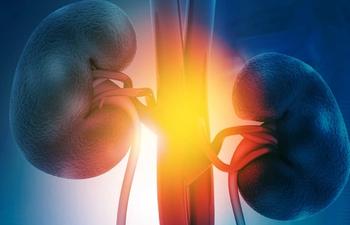
Belzutifan/lenvatinib also showed a favorable trend toward improvement for overall survival in this advanced renal cell carcinoma population.

The FDA's CRL for the HyNap formulation of dasatinib due to manufacturing issues does not affect the efficacy or availability of standard dasatinib.

Granulosa cell tumors exhibit late recurrence and rare hepatic metastasis, emphasizing the need for lifelong surveillance in affected patients.

Onco-dermatology enhances patient care and quality of life by addressing skin toxicities in breast cancer treatments through expert management and collaboration.

Lower- and middle-income countries must work to build trust with pharmaceutical companies to enhance representation in cancer-related clinical trials.

Over the past 4 years, the FDA has accepted a number of NDA submissions for dasatinib, but it has yet to receive approval in CML/ALL.

The anti–CTLA-4 antibody combination achieved an ORR of 34.8%, with 8 partial responses, in patients with pretreated microsatellite-stable mCRC.


Presenting investigators at ESMO Congress 2025 highlight findings from clinical trials assessing novel therapeutics across different disease types.

Data from the REZILIENT2 trial show meaningful intracranial activity in patients with NSCLC harboring EGFR exon 20 insertions or other uncommon mutations.

Grade 3 or 4 AEs were experienced by 42.9% of patients who received cisplatin plus radiation compared with 15.3% of patients who received radiation alone.

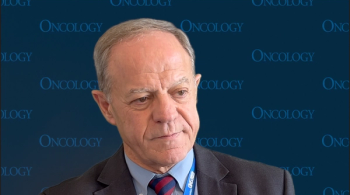
Immunotherapy-based combinations may elicit a synergistic effect that surpasses monotherapy outcomes among patients with muscle-invasive bladder cancer.
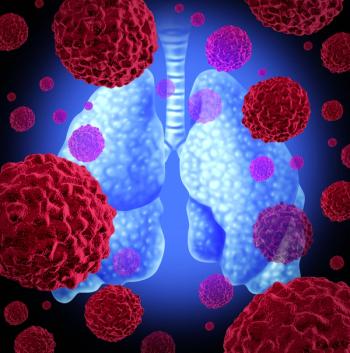
Findings from the RATIONALE-312 trial support tislelizumab plus chemotherapy as a frontline treatment option in extensive-stage small cell lung cancer.

Explore how oncogenes and signaling pathways converge and diverge in cancer, shaping diagnostic and therapeutic strategies for personalized interventions.